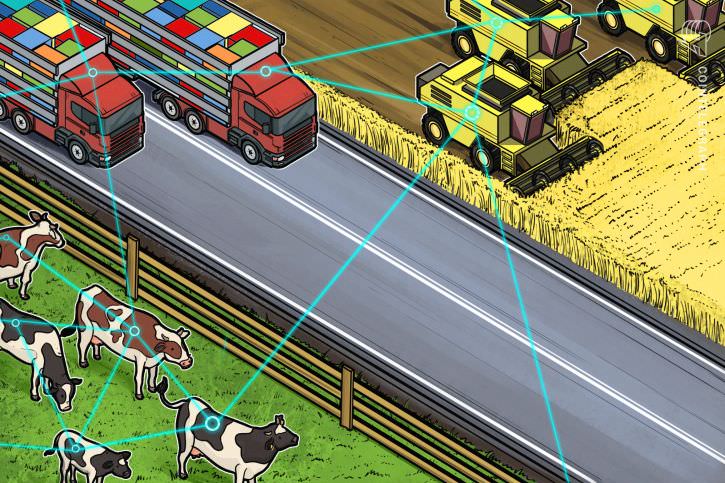
4.
Blockchain could eliminate paper-based processes and cut costs, with these savings passed on to you.
Getting rid of middlemen would minimize transaction fees, and decentralization would also make it easier for smaller farms to compete with larger corporations.
For example, blockchain concepts such as PavoCoin are entering the fray — giving smaller farmers access to attainable financial services, such as the ability to pre-sell crops via smart contracts, helping them to improve the quality and quantity of their harvests, and providing consumers with greater amounts of information about the food they are buying. The company says, farmers in Stockton and in Dixon, California, have recently started using the system. A third installation is planned in Merced soon.
Optimizing farming would empower farmers of all scales with the information, resources and security they need to have higher yields, more lucrative crops. This would drive prices down for the average consumer and increase accessibility to higher quality goods. Higher yields also pump more money into the agricultural ecosystem, increasing the availability of farmed goods.
